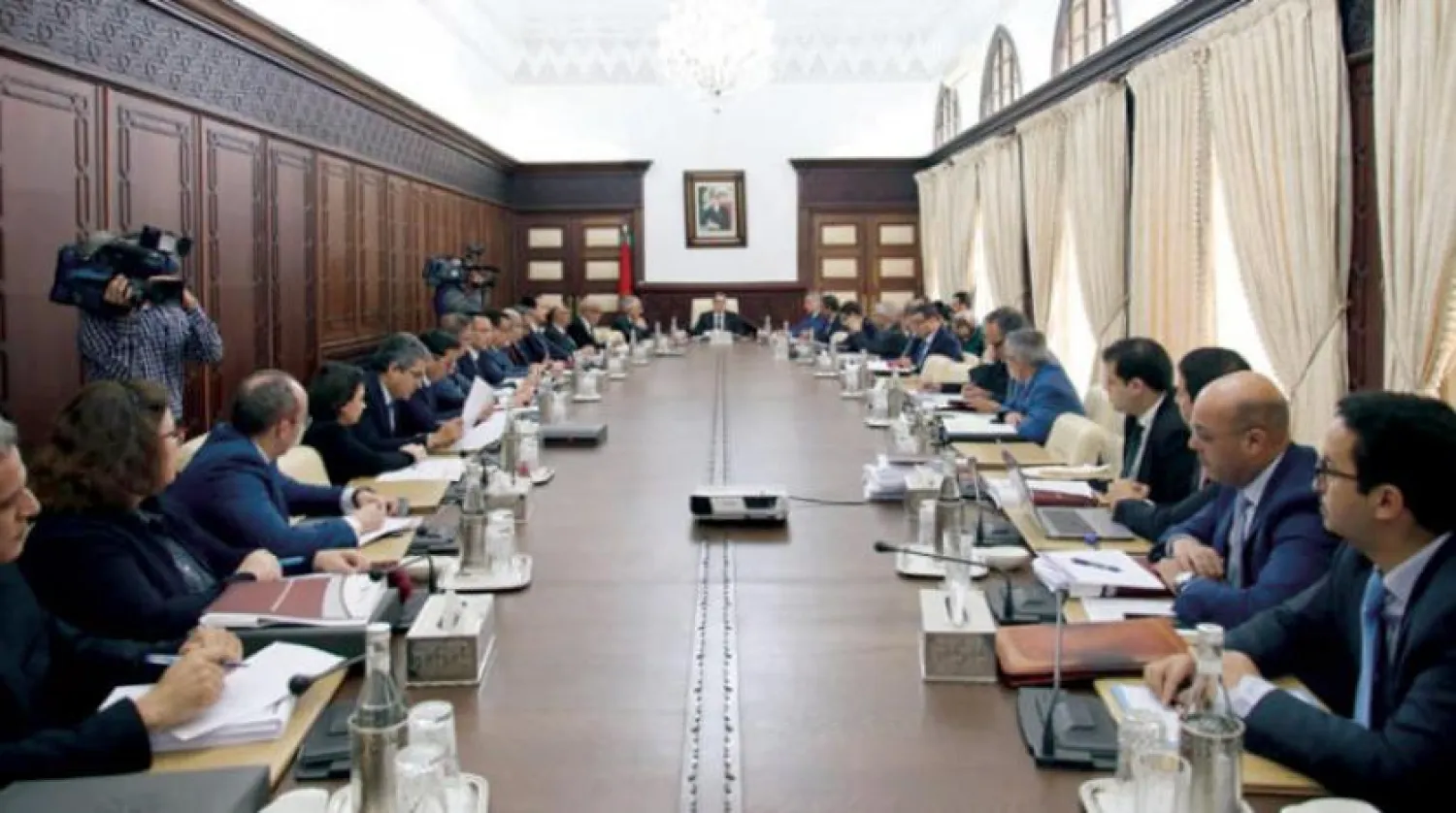Morocco's Investment Commission, under the chairmanship of Prime Minister Saadeddine Othmani, approved Wednesday 28 new investment projects worth $2.4 billion in various sectors.
The committee studies projects worth over $21 million and approves their governmental support either directly or through the Hassan II Development Fund. It also approves the privatization of public facilities for the private investment projects.
Speaking on the sidelines of the Committee's meeting, Othmani explained that the projects presented were diverse and tackle various vital sectors, such as industry, tourism, leisure, health, transport and infrastructure.
He stressed that the meeting comes within the context of the government's keenness to continue to implement a number of structural reforms aimed at stimulating and supporting investment and enhancing the confidence of private investors in the business climate in Morocco.
The PM indicated that the government is also working on a number of legislative reforms aimed at modernizing the legal aspects of business, improving Morocco's image as a preferred destination for investors.
The government also aims to improve Morocco's ranking in the World Bank's annual "Doing Business" report, which will put Morocco among the top fifty economies in the world.
In this context, the Prime Minister noted that the government prepared a draft law relating to movable collateral, with the aim of facilitating contracting to various funding sources available through the provision of movable collateral.
The draft also wants to improve the competitive conditions of contracting through securing financing for investments and consolidating the principles and rules of transparency in transactions relating to movable collateral.
In addition, Othmani informed the press that two bills on changing and completing the law relating to incorporated companies, as well as the law pertaining to partnership, limited partnership, partnership in commendam, and limited liability companies.
This will help enhance the protection of small investors and establish the principle of transparency and good governance as well as national legal arsenal with international standards.









